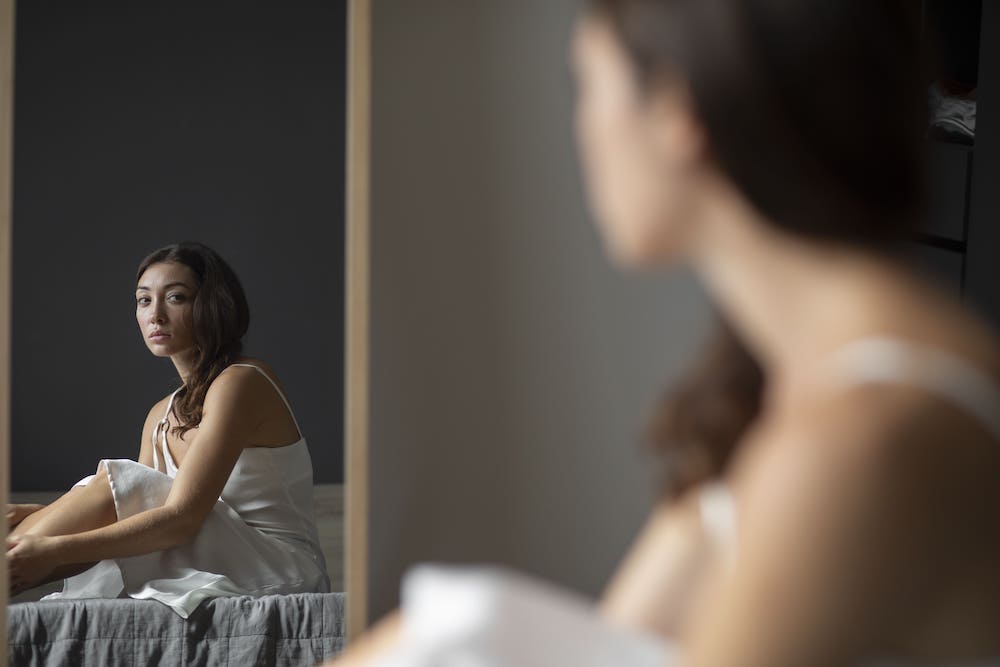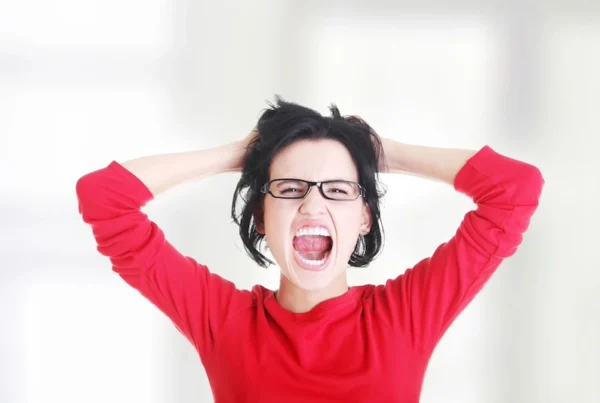Bipolar disorder is a complex mental health condition impacting 4.4% of adults at some point in their lives. We’re going to explore treating bipolar without medication, approaches that can be taken, and studies showing the efficacy of non-pharmaceutical treatments.
Announcement: Treating bipolar without meds is possible, but what is the efficacy rate? What are the benefits? In this article, we explore the varying types of non-medicinal treatments and limitations to help you better understand if this is a treatment journey that’s right for you or your loved ones.

Standard Medication-Based Treatment Options for Bipolar Disorder
Before trying to treat bipolar disorder without medication, most patients will begin a standard medication-based treatment. If meds are the go-to options, it’s crucial to know that:
- Full effects take up to 8 weeks to be seen
- Single medication changes are preferred
- Stabilization is followed by maintenance treatments
Ongoing treatment is necessary to find long-lasting results for bipolar disorder. Common medications that are recommended include but are not limited to:
- Anticonvulsants: Mood stabilization is the goal of these meds, which include: Depakene, Depakote, and Lamictal.
- Antipsychotics: A doctor may prescribe one of the following antipsychotics: Abilify, Latuda, Risperdal, Seroquel, Saphris, or Zyprexa.
- Antidepressants: If depression accompanies bipolar disorder, serotonin-reuptake inhibitors may be recommended, including Celexa, Lexapro, Prozac, Paxil, or Zoloft. You may also be prescribed Effexor, Nardil, Norpramin, and other medications based on how you respond to the most common meds.
- Benzodiazepines: Controlling anxiety is possible with the help of Benzodiazepines, which include Ativan, Xanax, or Valium.
A treatment plan will be devised based on the patient’s symptoms and their current condition. If you’re pregnant or nursing, medication may not be safe for the baby.
Treating bipolar disorder without medication is possible and offers great outcomes, too.

Treating Bipolar Without Medication
Learning how to treat bipolar disorder without medication is best achieved with the help of a professional who can monitor your progress and help make rapid adjustments to keep your symptoms to a minimum.
Common, effective non-medication treatments for bipolar include:
Cognitive Behavioral Therapy (CBT)
CBT is a go-to option for mood disorders and can help stop manic episodes caused by bipolar disorder. This form of therapy helps address depressive symptoms and negative thoughts.
Pros
- Reduces depressive and manic episodes
- Teaches patients how to cope with emotions and stress
Cons
- Must talk to a therapist and be open to seeking help
- Therapy sessions may be long
Efficacy
A study including 1,384 patients found that for type I and II bipolar disorder, there were lower relapse rates and an improvement in depressive symptoms. The study shows that for patients with mania or depression, session durations of over 90 minutes are most effective.
Dialectical Behavior Therapy (DBT)
DBT helps people with bipolar disorder learn how to target emotional dysregulation. This form of therapy revolves around mindfulness, emotional regulation, and coping with distress. Additionally, interpersonal effectiveness is taught to help you learn how to maintain current relationships or repair them.
Pros
- Highly effective treatment
- Studies show effectiveness lasts for months after therapy
- Increases emotional regulation, self-worth, and respect
Cons
- Significant time commitment
Efficacy
Current DBT studies show that 88% of people who received DBT found that it was beneficial. Programs in the study lasted 12 weeks, and patients reported higher distress tolerance and better psychological well-being.
Manic episodes were also lower three months after therapy sessions ended.
Family-Focused Therapy (FFT)
FFT consists of psychoeducation and family therapy. The goal is to work with patients and their families to teach them about bipolar disorder. This form of therapy involves coping skills and creating a plan to help stop relapse.
Maladaptive communication skills are taught to allow family members to manage their relationships with the person with bipolar disorder. Problem-solving skills are also taught.
Pros
- Patients learn how to better cope with their emotions
- Families are strengthened
- Bipolar disorder sufferers gain the help of their families
Cons
- Requires multiple people to attend therapy sessions
Efficacy
FFT has been the focus of studies worldwide, and clinicians have had great success with it. However, one of the major barriers includes transporting family members to one central location, which may be costly and difficult to manage.
Interpersonal and Social Rhythm Therapy (IPSRT)
IPSRT is considered an “add-on therapy” and helps people manage disruptions in daily routines. Conflict and stress are two main areas of focus of meeting with a therapist who will help you understand mood changes, identify mood patterns, link relationships with your mood and track social rhythm.
Therapists will help you manage disruptions in the social rhythm and better cope with mood changes.
Pros
- Improves responsiveness to mood stabilizers
- Reduces manic and depressive symptoms
- Minimizes a person’s social disruptions
Cons
- Requires a multi-phase approach and maintenance over the long-term
Efficacy
Studies on IPSRT confirm that this form of therapy improves symptoms of bipolar disorder. Additional studies indicate a reduction in new mood episodes in patients with this condition.

Lifestyle Changes and Self-Care
Lifestyle changes may not treat bipolar disorder directly, but they can help you improve other treatment outcomes and mood. One of the things that you can start doing today is exercising regularly, which can improve sleep and stave off depression.
Adequate sleep is another integral part of treating bipolar disorder, and on top of exercise, you can also increase sleep by:
- Establishing a sleep routine where you go to bed and wake up at the same time daily
- Create a relaxing environment that promotes sleep
Avoiding alcohol and illicit substances can also help improve your symptoms.
Alternative and Complementary Therapies
Alternative forms of therapy that may help you with your bipolar symptoms include:
- ECT is a last resort treatment option that helps treat severe bipolar disorder and involves the patient receiving electrical stimulation to the brain.
- TMS may improve symptoms of bipolar disorder and involves stimulating the brain using transcranial magnetic stimulation.
- Light Therapy may reduce manic symptoms and involves decreasing light, especially blue light.
Supplementation works for some patients, including the use of Inositol, St. John’s Wort, and Choline. Choline supplements may reduce mania, according to a 2014 study.
Can Bipolar Disorder Be Treated Without Medication?
Yes, but treating bipolar without medication works in specific cases and not others. Potential effectiveness and a lack of side effects are two reasons to try non-medication treatments. However, there is an undeniable synergistic effect of using non-pharmaceutical treatments and medication together for many patients.
What’s the best treatment option for you?
A personalized treatment option and guidance from a professional will offer you the best opportunity to control your disorder in the long term.



